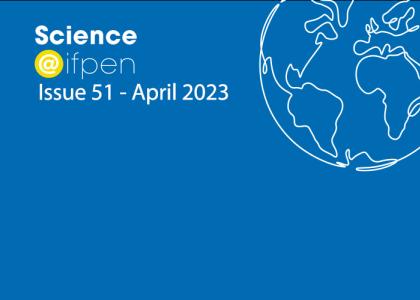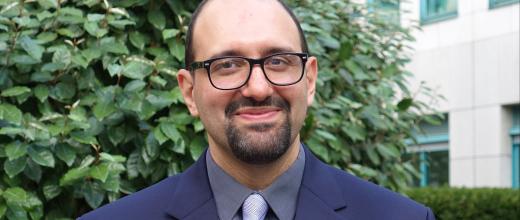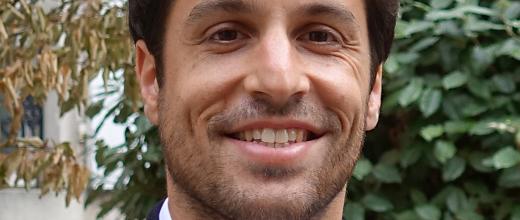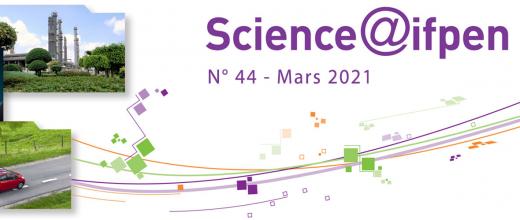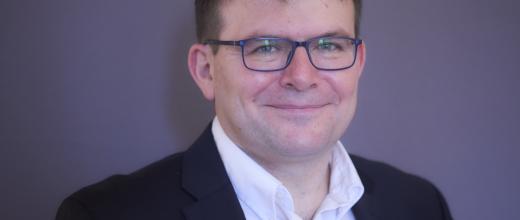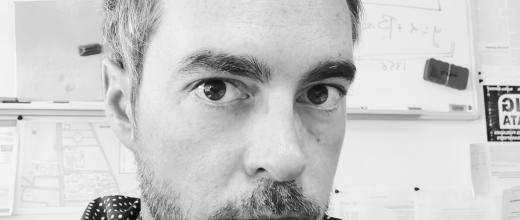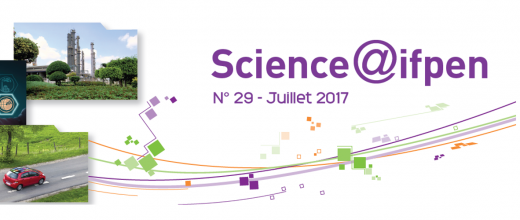In 2016, IFP School joined forces with Mines ParisTech, Toulouse School of Economics and Paris Dauphine-PSL University to launch an original scientific initiative: the ”Economics of Natural Gas” Chair. The creation of this Chair resulted from a series of observations concerning the scientific and societal relevance of questions related to gas (particularly in the context of the energy transition and the rapid development of new technologies) and the opportunities offered by the complementary nature of the expertise present.
